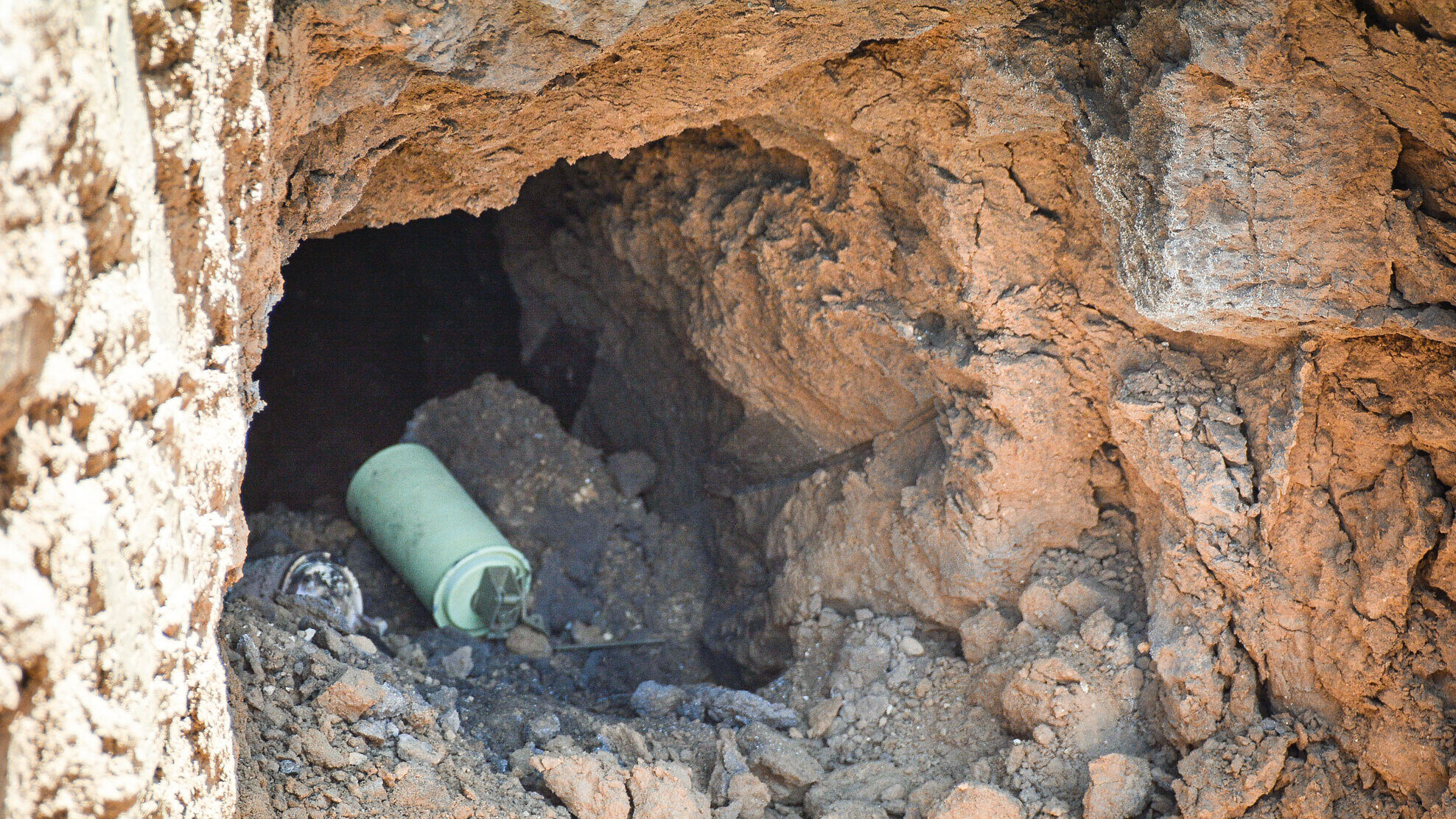Israel Considers Flooding Hamas Tunnels in Gaza With Seawater: Report
Israel has reportedly set up a sophisticated network of large pumps designed to flood Hamas’s extensive tunnel system beneath the Gaza Strip, according to the Wall Street Journal. As disclosed by U.S. officials, this strategic initiative aims to render the tunnels inoperable, forcing fighters out of their underground hideouts. The Israel Defense Forces (IDF) completed the installation of at least five seawater pumps about one mile north of the Al-Shati refugee camp.
Each pump can potentially move thousands of cubic meters of water per hour, seriously threatening the vast network of tunnels. Should Israel decide to implement this unconventional plan, the flooding process could facilitate the evacuation of Hamas fighters and potentially remaining Israeli hostages.
This holiday season, give to:
Truth and understanding
The Media Line's intrepid correspondents are in Israel, Gaza, Lebanon, Syria and Pakistan providing first-person reporting.
They all said they cover it.
We see it.
We report with just one agenda: the truth.


The idea was initially communicated to the United States last month, sparking discussions about the feasibility and potential environmental repercussions. The delicate balance between military objectives and international pressure to protect civilians complicates the decision-making process for Israeli authorities.
While some U.S. officials have expressed concerns about the plan, others argued in favor of disabling the tunnels, highlighting the complexities that Israel navigates in its pursuit to free hostages and thwart Hamas. The extensive tunnel system, estimated to cover about 300 miles, poses a unique challenge to meeting this goal.
Hamas has utilized these tunnels not only for military purposes but also to hide, move undetected, and hold hostages. The potential impact of pumping seawater into the tunnels remains uncertain, with questions surrounding the permeability of the tunnels and the implications for water and sewage infrastructure, groundwater reserves, and nearby structures.
Critics argue that such an operation could lead to global condemnation, placing the Biden administration in a difficult position. However, proponents suggest it is one of the few effective options to permanently disable a tunnel network that has posed a significant threat.

